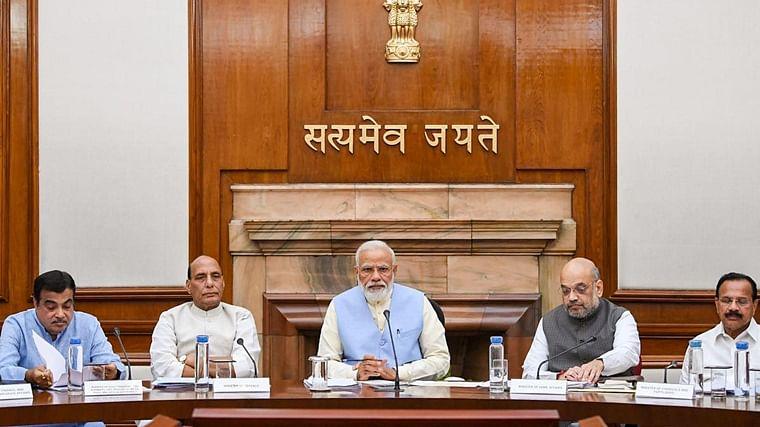Cabinet Approves Funds of Rs 8,500 Crore for NPR

Image Courtesy : FreePress Journal
The Union Cabinet on Tuesday, December 24, approved funds to the tune of over Rs 8,500 crore for updating the National Population Register, officials have said. The NPR exercise is to commence from April next year. It is a list of “usual residents” of the country.
This data was last updated in 2015 through a door-to-door survey. The digitisation of the updated information has been completed. Following this, it has been decided to update the National Population Register along with the house-listing phase of Census 2021 from April to September 2020 in all the states/union territories, except Assam.
It has been reported earlier that according to online literature published by the Union government, the objective of the National Population Register “is to create a comprehensive identity database of every usual resident in the country”. This database “would contain demographic as well as biometric particulars”.
A Scroll.in investigation has reported, “When the Local Register is generated from the Population Register, a ‘verification process’ would be carried out which would create the category of ‘doubtful citizenship’. The final National Register of Citizens would be prepared by asking doubtful citizens to prove they are Indians as part of a ‘claims and objections’ process. This Population Register mentioned in the rules is nothing other than the National Population Register. In a gazette notification issued on July 31, 2019, the Modi government passed an order to ‘prepare and update the Population Register’ in every state other than Assam.”
Ranjit Sur, from the Association for the Protection of Democratic Rights, was quoted by the Scroll.in as saying, “The only job of the National Population Register is to create a National Register of Citizens. Let me emphasise on the ‘only’.”
As per an explainer by Economic Times, “As proposed, if a nationwide NRC comes in place, the affected will be detained and taken to large detention centres, as it is happening in Assam.”
However, because of the recently passed Citizenship (Amendment) Bill, if people—who have not been able to make it to the NRC and are hence are declared illegal migrants—are Hindus, Buddhists, Jains, Christians or Parsis from Pakistan, Bangladesh or Afghanistan, the government will award to them Indian citizenship. However, if they are of Muslim faith, they can not seek citizenship under this controversial Act. The Act grants citizenship on the basis of religions and is seen as an attack on the secular nature of the Indian Constitution.
To be able to find a place in the NRC, citizens have to prove that they or their ancestors were living in India before the cut-off date of March 24, 1971—which is being perceived as an extremely difficult task, especially for the marginalised communities. And failing to prove this, Muslims will be the ones who will be left with little choice, as the CAA refuses to protect them.
Get the latest reports & analysis with people's perspective on Protests, movements & deep analytical videos, discussions of the current affairs in your Telegram app. Subscribe to NewsClick's Telegram channel & get Real-Time updates on stories, as they get published on our website.
























